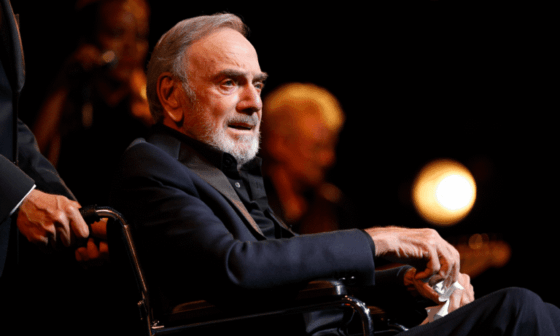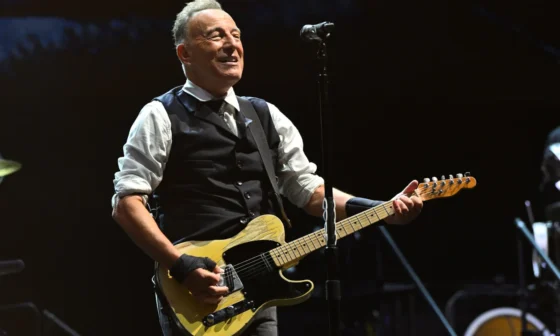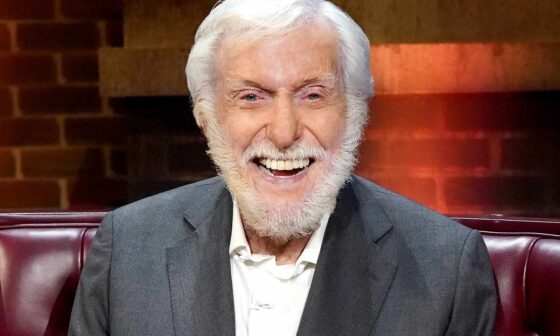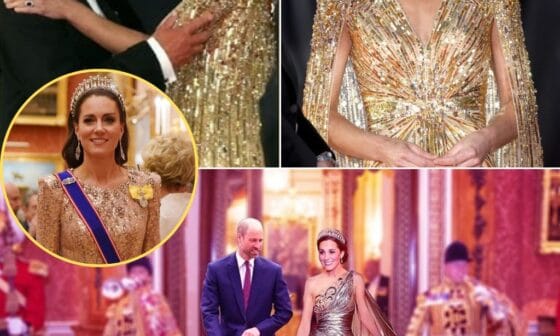The 46th Kennedy Center Honors was filled with memorable moments, but none as stirring as Michael Bublé’s tribute to the legendary Barry Gibb. It was a performance that transcended music—a quiet, powerful homage from one generation’s voice to another’s legacy.
Set in the grandeur of the Opera House, the atmosphere was electric yet reverent. Seated in the balcony, Barry Gibb—last of the iconic Bee Gees—watched with quiet humility as the spotlight found Michael Bublé, standing alone on a bare stage.

Dressed in a classic tuxedo, Bublé didn’t rely on spectacle. There was no band behind him, no flash or flair—just a microphone, a piano, and the weight of a timeless song: “How Can You Mend a Broken Heart.”
From the first soft notes, it was clear this wasn’t a performance. It was a conversation—between past and present, between artist and legend. Bublé’s delivery was subtle, stripped back, and full of emotion. Gone was the showman persona; in its place stood a storyteller, honoring a song—and its creators—with tenderness and grace.
His smooth, aching vocals floated through the opera house, each phrase carefully shaped. There were no vocal acrobatics, only heartfelt restraint. As the lyrics unfolded, the camera caught Barry Gibb mouthing along, hand to chest, eyes glistening. It was a deeply personal moment—the music connecting decades of memory and love.
When Bublé reached the final note, the room held its breath. Then, applause swelled—not loud and explosive, but long, warm, and full of admiration.
Looking upward, Bublé offered a quiet bow to Barry—a respectful, moving salute from one musical giant to another.
In just a few minutes, Bublé delivered more than a song. He delivered a message: of gratitude, of legacy, of love. It was a tribute that reminded us all why music matters—not just for what it sounds like, but for what it holds.





